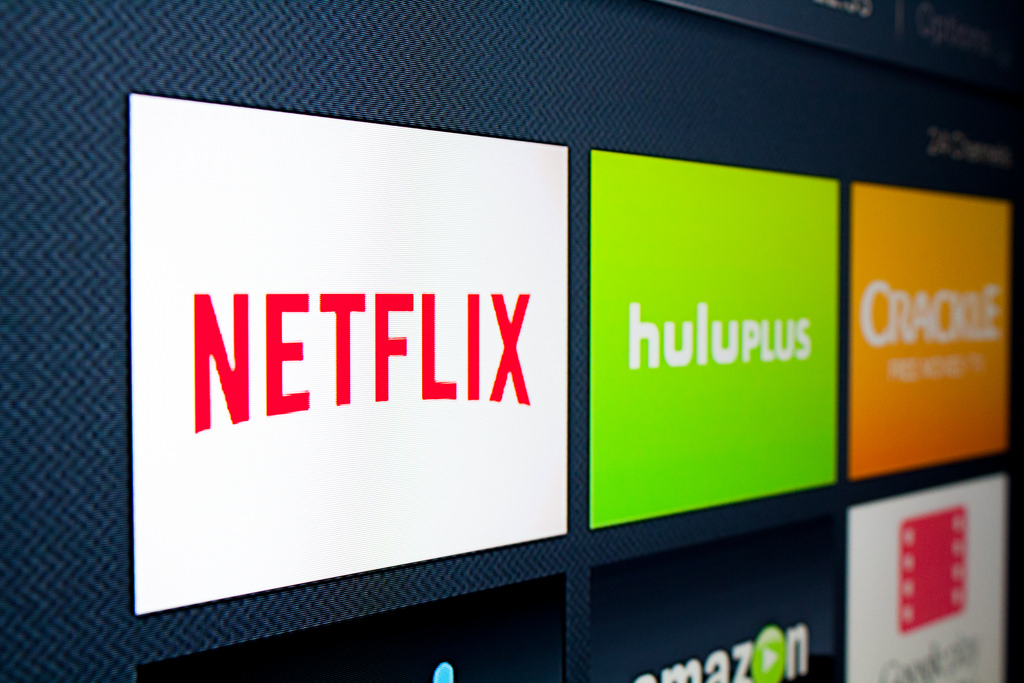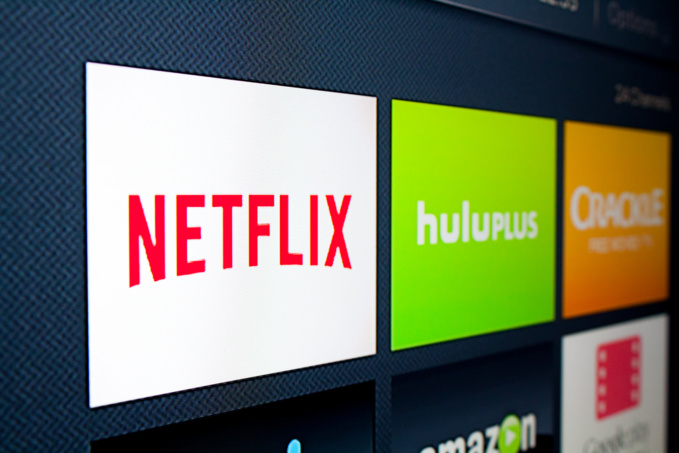Last week, financial statements of the three leading providers of television services confirmed the unpleasant and, as experts say, a "fundamental" change in the behavior of customers. Spectators are massively refusing cable television in favor of streaming services, such as Netflix.
The largest cable television provider in the world, American Comcast Corporation, on Wednesday reported the fourth consecutive quarterly drop in the number of cable TV subscribers. AT&T reported a drop in revenue, as customers continue to unsubscribe from cable and satellite TV services, and DirecTV's own streaming service cannot yet compensate for these losses. Finally, on Friday, the third largest cable provider, Charter Communications Inc., reported that it lost 122 thousand customers in the first quarter of this year, despite the fact that most experts were sure that the losses would not exceed 50 thousand. A year ago, 100,000 customers of Charter’s television service said goodbye to its paid subscription.
There is a different picture in the market of streaming TV, and Netflix is not the only leader that has achieved great successes. Virtually all technology companies have their own quite successful streaming service (for Amazon, for example, the number of subscribers to the Prime service providing streaming content reached 100 million). Google is developing its YouTube TV, and Facebook and Apple are allocating $ 1 billion to create their own programs.
MoffetNathanson company reports that America is rapidly turning into a country of cordcutters (those who cut the cable).
From the beginning of 2015 to the end of the past, the company believes, at least 9 million people either refused the current subscription to cable television, or did not renew it when moving to live in another place.
Investors have already noticed the trend. The sad news from Charter Communications provoked the most serious one-time drop in the company's shares since 2009: on the day of publication, Charter shares fell 12%. And this is anything, but not exclusively psychological reaction to unexpectedly bad information. As Guggenheim Securities analyst Michael Morris points out, investors are increasingly worried about the situation. They are readily selling shares of cable companies, buying shares of technology companies instead.
"Companies such as Amazon and Netflix offer something that completely changes the rules of the game at quite decent prices. If I were an investor, I would say: "I do not know what will come of it all, but I know for sure that it is difficult enough to compete with those who cut me in the price", - Mr. Morris told The Wall Street Journal.
source: wsj.com
The largest cable television provider in the world, American Comcast Corporation, on Wednesday reported the fourth consecutive quarterly drop in the number of cable TV subscribers. AT&T reported a drop in revenue, as customers continue to unsubscribe from cable and satellite TV services, and DirecTV's own streaming service cannot yet compensate for these losses. Finally, on Friday, the third largest cable provider, Charter Communications Inc., reported that it lost 122 thousand customers in the first quarter of this year, despite the fact that most experts were sure that the losses would not exceed 50 thousand. A year ago, 100,000 customers of Charter’s television service said goodbye to its paid subscription.
There is a different picture in the market of streaming TV, and Netflix is not the only leader that has achieved great successes. Virtually all technology companies have their own quite successful streaming service (for Amazon, for example, the number of subscribers to the Prime service providing streaming content reached 100 million). Google is developing its YouTube TV, and Facebook and Apple are allocating $ 1 billion to create their own programs.
MoffetNathanson company reports that America is rapidly turning into a country of cordcutters (those who cut the cable).
From the beginning of 2015 to the end of the past, the company believes, at least 9 million people either refused the current subscription to cable television, or did not renew it when moving to live in another place.
Investors have already noticed the trend. The sad news from Charter Communications provoked the most serious one-time drop in the company's shares since 2009: on the day of publication, Charter shares fell 12%. And this is anything, but not exclusively psychological reaction to unexpectedly bad information. As Guggenheim Securities analyst Michael Morris points out, investors are increasingly worried about the situation. They are readily selling shares of cable companies, buying shares of technology companies instead.
"Companies such as Amazon and Netflix offer something that completely changes the rules of the game at quite decent prices. If I were an investor, I would say: "I do not know what will come of it all, but I know for sure that it is difficult enough to compete with those who cut me in the price", - Mr. Morris told The Wall Street Journal.
source: wsj.com



















